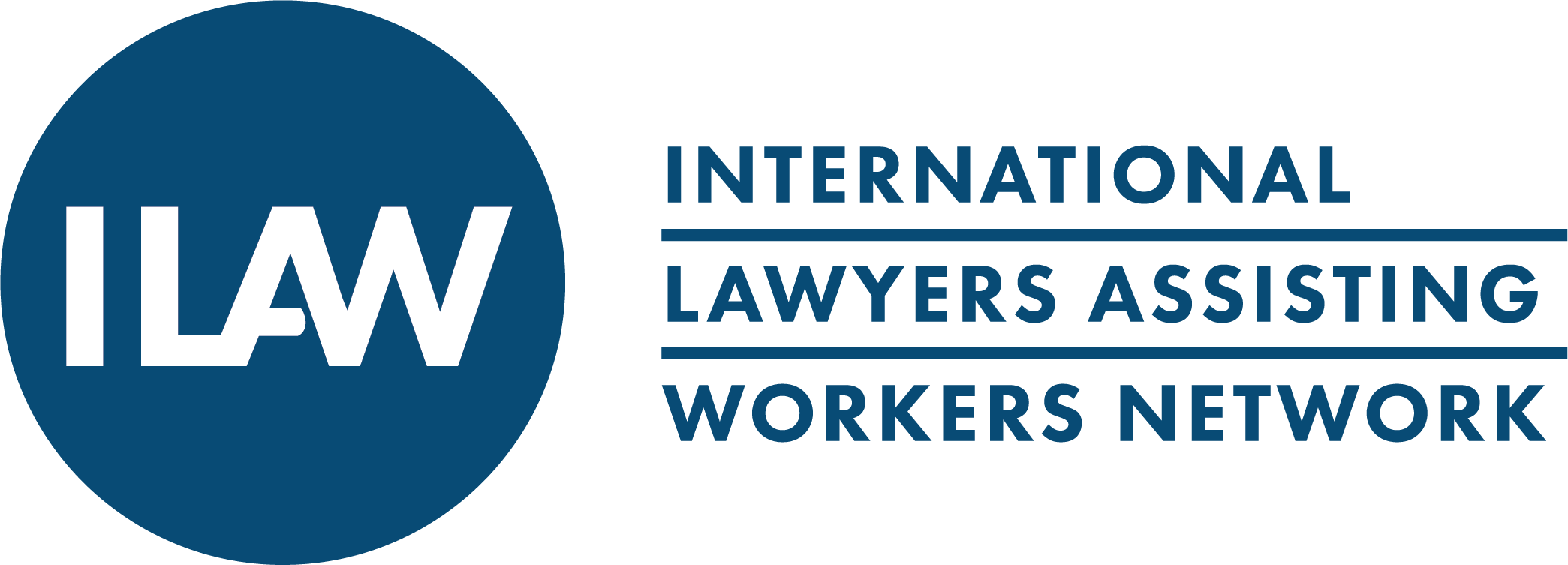“The European Union’s Corporate Sustainability Due Diligence Directive (CSDDD), soon to be formally confirmed by the European Council, reflects an important step in corporate accountability for human rights abuses. The directive …
“The European Union’s Corporate Sustainability Due Diligence Directive (CSDDD), soon to be formally confirmed by the European Council, reflects an important step in corporate accountability for human rights abuses. The directive …
Canada’s long-awaited, Fighting Against Forced Labour and Child Labour in Supply Chains Act (Act) went into effect on January 1, 2024. While it is largely a disclosure law, it also …
The first part of this blog outlined the facts and decision in the Supreme Court case, Secretary of State for Business and Trade v Mercer, as well as the approach the Court took in …
Individual strikers are protected from dismissal where they are dismissed for participating in ‘protected’ (i.e lawful and official) industrial action, under s. 238A of the Trade Union and Labour Relations …
“Under the midday sun, lugging a heavy cooler in one hand and a mini barbecue in the other, Edimar Santiago walks the length and breadth of Rio de Janeiro’s Vermelha …
“The distinction between employed and self-employed is becoming incoherent and outdated A quarter of a century after Alain Supiot advocated a comprehensive extension of labour and social rights ‘beyond employment’, labour-law regimes …
“Last Monday, European Union member states reached a provisional agreement on the compromise text of the directive on platform work. This momentous decision comes more than two years after the European Commission’s initial …
Today’s decision by EU capitals to endorse the Belgian Presidency’s political deal on the Corporate Sustainability Due Diligence Directive (CSDDD) is a significant step forward in the protection of human …
In March 2024, The European Union’s institutions reached an agreement to adopt a European Directive on Platform Work. To understand the content of this Directive, it is essential to know what European directives …

Advancing worker-centred trade in the 2026 CUSMA review
“Labour rights, migrant workers and the CUSMA rapid-response labour mechanism The labour chapter of the Canada-U.S.-Mexico Agreement (Chapter 23) contains a number of significant developments compared to the labour provisions …